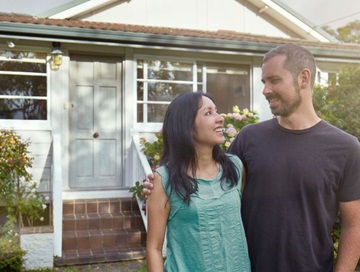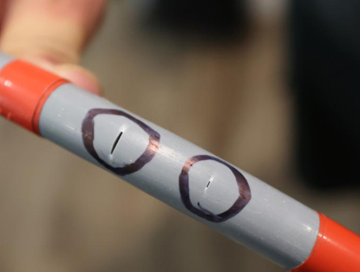2024-25 State Budget offers welcome support for first home buyers: REIWA
9 May 2024"REIWA CEO Cath Hart welcomed measures to support housing supply announced in the Cook Government’s first budget today."

REIWA CEO Cath Hart welcomed measures to support housing supply announced in the Cook Government’s first budget today, especially increased thresholds for the First Home Owner Transfer Duty Concession.
“While there is no silver bullet to addressing the challenges WA’s housing market faces, we welcome the fact the Government has opted for incentives to boost housing supply, rather than punitive measures such as new taxes as we’ve seen in other states,” Ms Hart said.
“The fundamentals of the WA economy remain strong with the Treasurer today forecasting the state is on track to reach 3 million people next financial year – this will drive ongoing demand for housing and see house prices continue to climb.
“We’re particularly pleased to see changes to the property price thresholds for first home buyer stamp duty exemptions to better reflect the current market conditions which was a proposal in REIWA’s Budget submission.
“WA has seen strong property price growth over recent years which we expect will continue – this has however meant that first home buyers are not only having to pay more, but that they haven’t been able to access the stamp duty concessions which exempted purchasers from paying stamp duty on properties worth $430,000 or less, with tiered concessions on properties up to $530,000.
“This is the first time the thresholds have been amended since July 2014 and the median house price in Perth is now around $630,000 so lifting the thresholds will be a welcome change to support first home buyers in WA.”
Under the changes, first home buyers will now pay no transfer duty on homes valued up to $450,000, a total saving of $15,390. The threshold was previously $430,000.
They will pay a concessional rate on purchases over $450,000 to $600,000. Previously the concession ceased at $530,000.
The changes will apply to agreements entered into from today, 9 May 2024 and are expected to benefit up to 5,000 first home buyers each year.
The thresholds for the purchases of vacant land remain unchanged.
Funding for rental reforms
REIWA had also called for funding for the new dispute resolution process as part of the changes to the Residential Tenancies Act.
“The dispute resolution process was a key part of the reforms to ensure a more streamlined dispute resolution process,” Ms Hart said.
“We highlighted the importance of ensuring adequate funding to support the change and so welcome the allocation of $3.3 million in 2024-25 and ongoing funding in following years.”
Housing supply
The Budget also included a range of previously announced measures to boost housing supply.
“This week the Government announced the Vacant Property Rental Incentive Scheme, providing $5,000 to owners of vacant properties who make their property available as a long-term rental,” Ms Hart said.
“The successful Short-Term Rental Accommodation (STRA) Incentive Scheme, which has provided rental homes for 150 households so far, has also been extended.
“Both initiatives will help put a roof over more families' heads by incentivising property owners to participate in the long-term rental market, rather than introducing punitive measures such as vacancy taxes or levies on properties offered on the short-stay market as we’ve seen elsewhere.”
The Budget also addressed new home construction, allocating $85 million for training initiatives.
$34.8 million has also been provided to unlock regional development-ready land for new housing in Broome, Karratha and Kalgoorlie.
Social housing and homelessness
The Government has invested an additional $400 million to expand the Social and Affordable Housing Investment Fund to deliver another 1,000 social homes.
$92.2 million has been allocated to support more than 120 homelessness services across WA.
Cost of living relief
The Budget also included another $400 energy bill credit for all WA households and eligible small businesses, and further support for families with $250 available for each high school student and $150 for each kindergarten and primary school students, as well as free public transport for school-aged children.
$65 million will be used to continue the affordable airfare caps for regional WA residents and $20 million to boost the Regional Pensioner Travel card by $100 to $675.
State Budget fundamentals
- The WA Government announced:
- An estimated $3.2 billion operating surplus for 2023-24
- A $2.6 billion operating surplus forecast for 2024-25
- 5.25 per cent economic growth in 2023-24, the strongest in nine years, with 3.25 per cent growth forecast in 2024-24
- An unemployment rate of 3.4 per cent at March 2024
- WA inflation was 3.4 per cent for the March 2024 quarter and is expected to ease to 3 per cent by mid-2025.


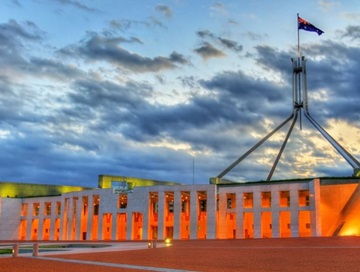
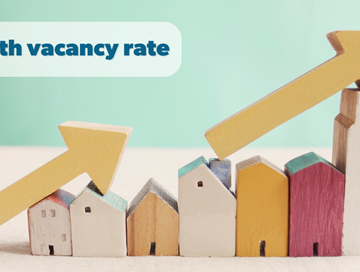
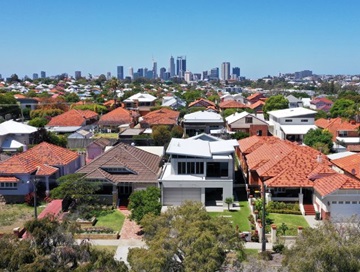
.tmb-rcarousel.jpg?sfvrsn=94ec25f9_1)
